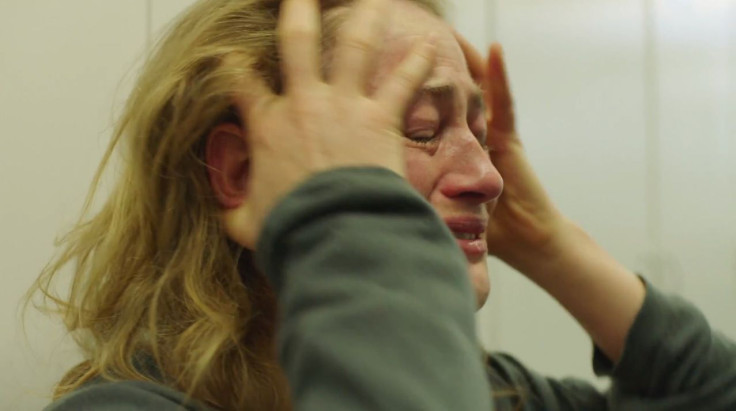Pro-euthanasia Australian film deemed too terrifying for YouTube [VIDEO]

An Australian short film released Thursday has reportedly been banned by YouTube for being inappropriate. “Stop the Horror” is just five minutes’ long but some viewers can’t bear to finish it.
The short film is a recreation of the last days of Greg Sims, a 56-year-old brain cancer patient from Victoria who spent his final days in tremendous agony. His daughter Nia described how her father’s terminal illness caused him uncontrollable pain and suffering even with the best palliative care available.
The video is part of Go Gentle Australia’s campaign on voluntary euthanasia. Award-winning director Justin Kurzel said the film opens up conversation about terminally ill patients’ freedom of choice to end their life.
“I think it’s an issue that’s based on choice, and freedom of choice,” he told Junkee. “I think that’s a very strong argument within euthanasia. I was very passionate about that idea (of choice), then when I started to read Go Gentle, and when I heard what it’s like to endure unbearable pain, it’s kind of like the title, ‘Stop the Horror.’ It’s like a horror film. It’s just excruciating. The ethical questions about allowing people to suffer like that is something I’m very passionate about.”
The film, which was purposely designed to be too horrific to watch, is not available on YouTube as it was said to be inappropriate for the video-sharing website. Its trailer (see video below) is available on the site, though. The full five-minute film can be watched on StopTheHorror.com instead.
The film is relevant today because Victoria Parliament will soon vote on whether to make Voluntary Assisted Dying legal. The campaign advocates to make euthanasia available to people who are terminally ill or with incurable diseases.
The legislation states that those want to ask for euthanasia must be mentally competent and should make three requests within 10 days. As news.com.au notes, one of those requests must be written and witnessed by two adults, and one of those adults must be a non-family member or unlikely to benefit from the sufferer’s death. Children are not qualified.





















